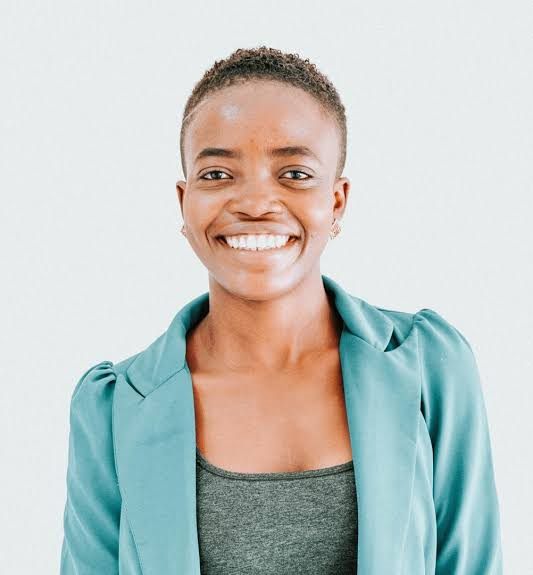South African tech enthusiast Ivy Barley is building a space where African women can lead in science, technology, engineering, and mathematics (STEM). Ivy Barley’s epiphany came when she worked at an all-girls pre-university, assisting the girls with Mathematics, Statistics, Physics and programming. Before working at the school, she recalled a common belief that women don’t like coding. However, the girls she taught in school were passionate, brilliant, and full of ideas. She saw that women had the potential to excel in STEM fields, and that sparked her desire to help. Thus, she launched Developers in Vogue, a platform where women could learn tech skills and code.
Before Barley became a champion for women in tech, she was a young girl who loved numbers. Mathematics fascinated her, and that love led her to pursue a Master’s in Mathematical Statistics at Kwame Nkrumah University of Science and Technology, Ghana. Today, she pays it forward by mentoring young women who, like her, need someone to believe in their potential.
“Generally, society has the perception that tech fields are not meant for women. Though many women are interested in tech, they tend to get discouraged along the line and so drop out. However, I believe tech is gender neutral, and anyone can excel at it,” Barley told Borgen Magazine.
Ivy Barley founded Developers in Vogue to equip African women with skills in the latest technologies and create a community where they could learn coding and connect to projects and job opportunities.
“We want the women in our community to be at the forefront of technology on the continent and beyond. In the next five years, we aim at having at least 5,000 female developers in our community,” she noted.
The organisation believes talent knows no gender and is out to prove it. Its Alumni have secured full-time roles in companies like Microsoft, Chipper Cash, Stanbic Bank, Hubtel, Vodafone, etc.
Gender gap in SA’s technology sector.
In South Africa, the low representation of women in Science, Technology, Engineering, and Mathematics (STEM) remains a pressing issue. Although the country leads sub-Saharan Africa, with women making up 32% of STEM graduates, this percentage is still below the global average of 30% for women entering STEM careers. While women account for 54% of undergraduate degree holders in science, engineering, and technology, their numbers decline at advanced academic levels, with just 44% earning doctoral degrees in these disciplines.
The gap is even more evident in the workforce. According to Data Week, only 11% of engineers registered with the Engineering Council of South Africa (ECSA) are women, and just 4% hold the designation of professional engineer. This imbalance underscores the urgency of implementing targeted initiatives to support and retain women in STEM careers.



